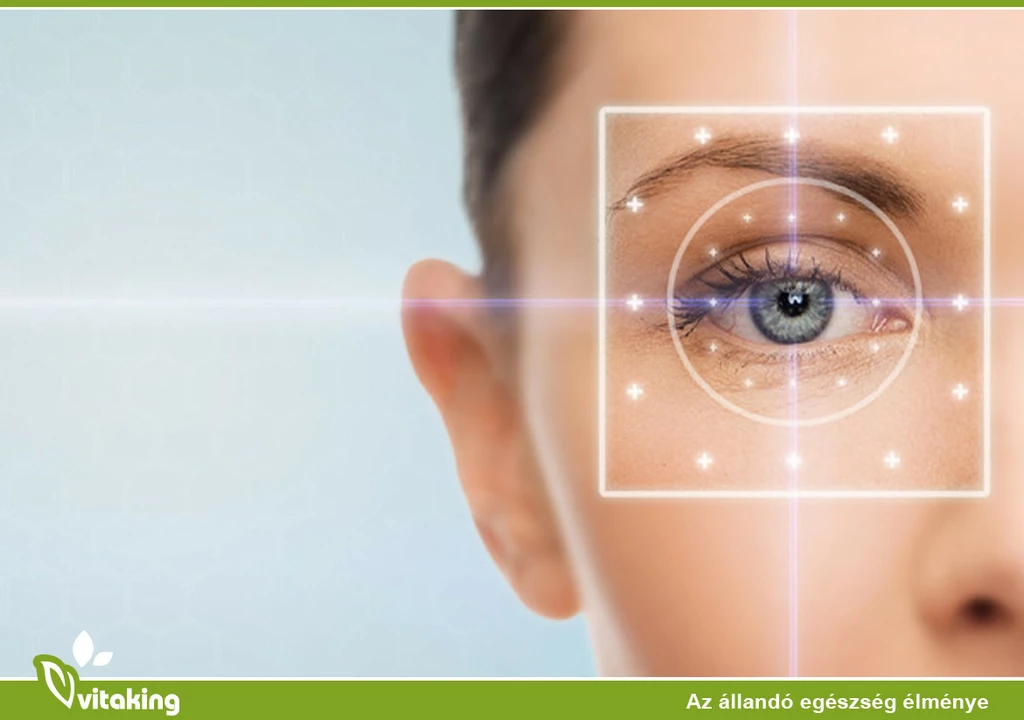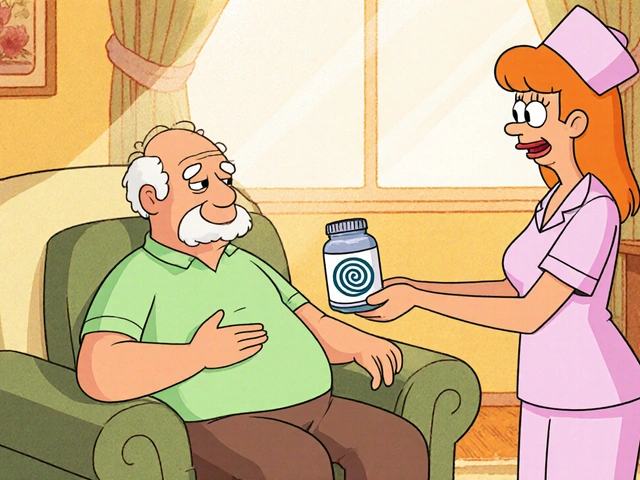Eye Health: Simple Steps to Keep Your Vision Sharp
If you spend hours staring at a screen or driving at night, you probably wonder how to protect your eyesight. The good news is that most eye problems can be slowed down with easy habits. Regular check‑ups, smart nutrition, and giving your eyes breaks are the core of any solid eye‑care plan.
Why Routine Eye Exams Matter
Seeing an eye doctor once a year might feel like a hassle, but it’s the fastest way to catch issues early. Conditions such as glaucoma or cataracts often have no symptoms until they’re advanced. A quick test can spot pressure changes or lens clouding before you notice blurry vision. When your doctor catches something early, treatment is usually simpler and more effective.
Everyday Habits That Boost Vision
Start with the 20‑20‑20 rule: every 20 minutes, look at something 20 feet away for at least 20 seconds. This tiny break reduces eye strain from computers and phones. Wearing sunglasses that block UV rays protects your eyes from sun damage—think of it as sunscreen for your lenses.
Nutrition also plays a big role. Foods rich in omega‑3 fatty acids, lutein, and vitamin C help keep the retina healthy. Add salmon, spinach, and citrus fruits to your meals, or consider an eye supplement if you can’t get enough from food alone. Stay hydrated; dry eyes feel gritty and can worsen with caffeine or alcohol.
Don’t forget safety gear when working with tools or playing sports. Safety glasses shield against debris that could cause serious injury. If you wear contacts, follow cleaning instructions and replace them as scheduled to avoid infections.
Finally, be aware of common eye problems. Dry eyes often flare up in air‑conditioned rooms—using a humidifier can help. Redness or itching might signal allergies; over‑the‑counter antihistamine drops are usually enough, but talk to your doctor if it persists. For any sudden vision loss, flashes of light, or severe pain, seek medical attention right away.
Keeping your eyes in good shape doesn’t require a major overhaul—just consistent, smart choices. Use these tips, schedule that yearly exam, and you’ll give your vision the best chance to stay clear for years to come.




